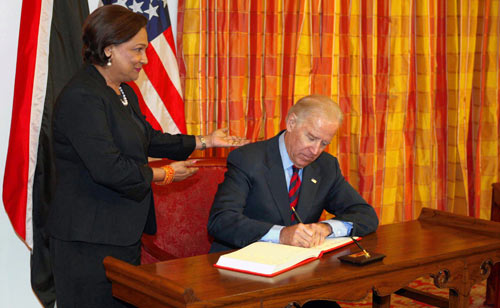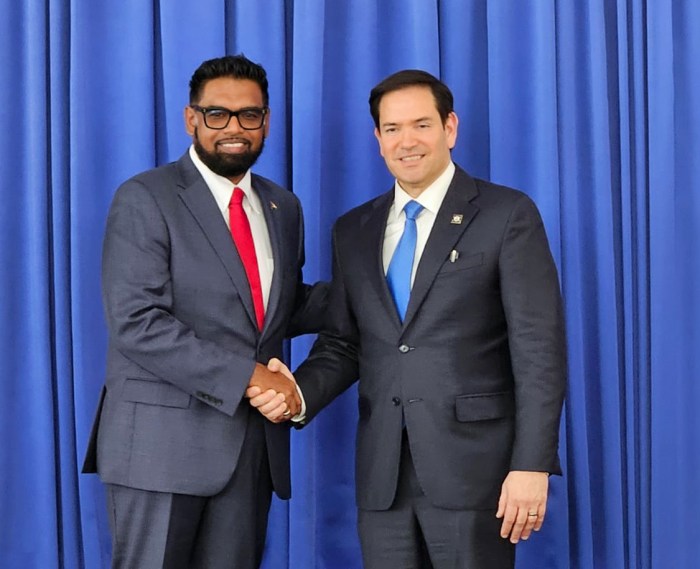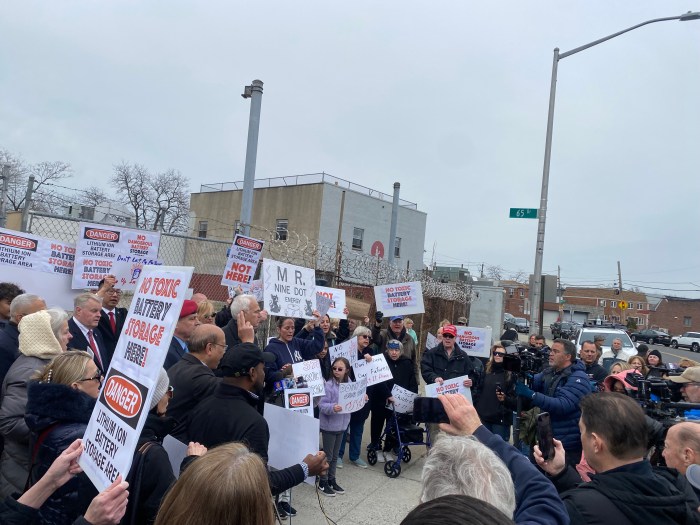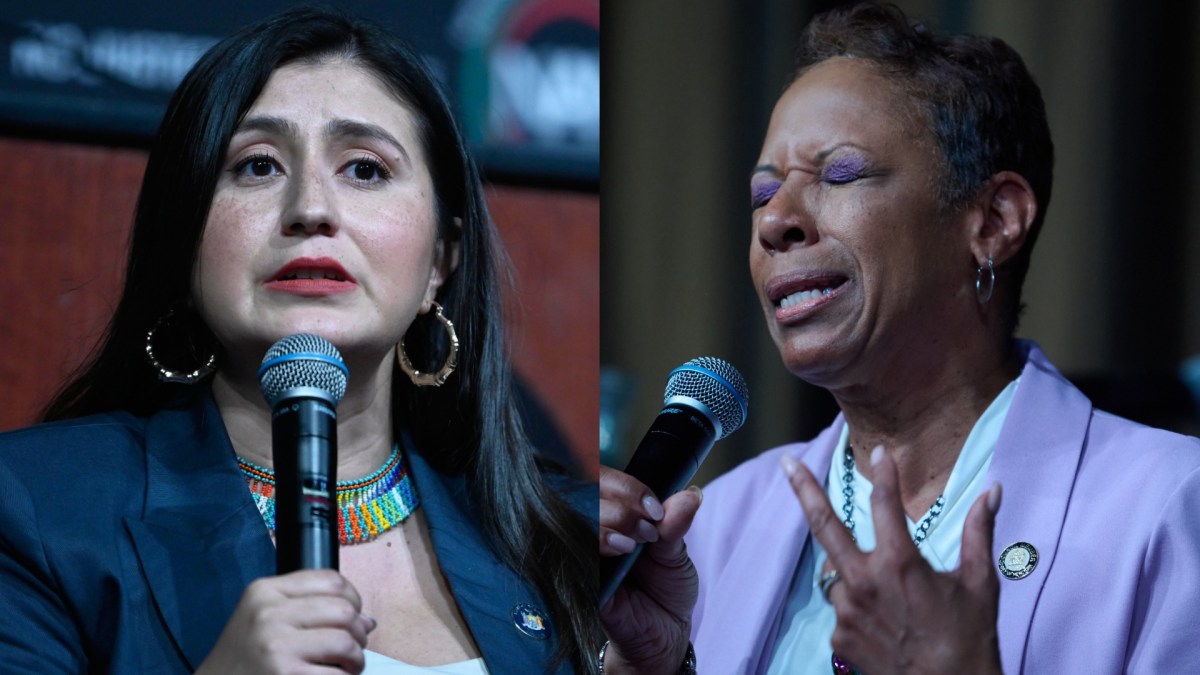PORT-OF-SPAIN, Trinidad (AP) U.S. Vice President Joe Biden and political leaders from across the Caribbean met in the capital of resource-rich Trinidad & Tobago on Tuesday to sign a trade agreement and discuss a range of security, investment and energy issues.
After a more than three-hour session, Biden signed an agreement providing a framework for trade and investment between the U.S. and the Caribbean Community, a group of 15 nations and territories that include Trinidad, Jamaica and the Bahamas.
At a news conference, Biden said he was aware that island nations face unique challenges and added that the U.S. administration’s goal is “not simply growth, but it’s growth that reaches everybody.”
The leaders also discussed efforts to combat drug trafficking and other transnational crimes under a U.S. program launched in 2009 dubbed the Caribbean Basin Security Initiative. More than $200 million in funding has been committed to it so far.
Biden said Washington and the Caribbean region should be prepared to counter upticks in drug trafficking if smuggling routes swing back heavily to the islands. The Caribbean in the 1980s was the main smuggling route to the U.S. mainland, but the path shifted west to Mexico and Central America.
“We know that as other nations in the hemisphere make strides against drug trafficking, the threat as I said may increasingly shift back toward the Caribbean,” he said.
Biden also disclosed that Washington and Trinidad recently signed a memorandum on launching a renewable energy research center in the country for the whole Caribbean region.
“There’s probably no group of nations better situated to take advantage of renewable energy possibilities than here in the Caribbean,” he said.
Caribbean Community leaders raised the matter of criminals being sent by the U.S. back to their native lands in the region. The matter has been a major issue on the Caribbean’s diplomatic agenda for years.
The U.S. has deported thousands of convicted criminals to the Caribbean annually since 1996, when Congress mandated that every non-citizen sentenced to a year or more in prison be kicked out the U.S. upon release. As it stands now, home countries are told only why an offender is deported due to rules preventing the U.S. Immigration and Customs Enforcement agency from sharing more details without permission first from federal or state entities.
Haitian President Michel Martelly, chairman of the Caribbean Community, said regional leaders “repeated our plea for information sharing with respect to criminal deportees.”
Officials also spoke to Biden about their concerns regarding generous U.S. subsidies to the rum industry in its Caribbean territories that regional distillers worry will drive some island labels out of business or force them to sell out to global beverage corporations.
Trinidad Prime Minister Kalmla Persad-Bissessar said regional governments have been invited to view U.S. Navy vessels that are being decommissioned to see if the craft can be used to patrol the borders of the Caribbean Sea.
Trinidad’s government also disclosed that it has ratified a “status of forces agreement” with Washington spelling out legal protections and obligations of U.S. forces during temporary stays. It says the agreement can’t be the basis for any U.S. base in Trinidad and there are no provisions for other facilities used by American troops on the islands.
Trinidad and Tobago, a two-island nation off Venezuela’s coast, was the second stop on Biden’s three-nation trip in the region. It is the most industrialized country in the Caribbean and one of its most prosperous, thanks to a wealth of natural gas that make it a major fuel supplier for the U.S. and other nations.
Biden arrived Monday night from Colombia, where he met with President Juan Manuel Santos. His next stop will be Brazil, where he will conclude his six-day trip.
























